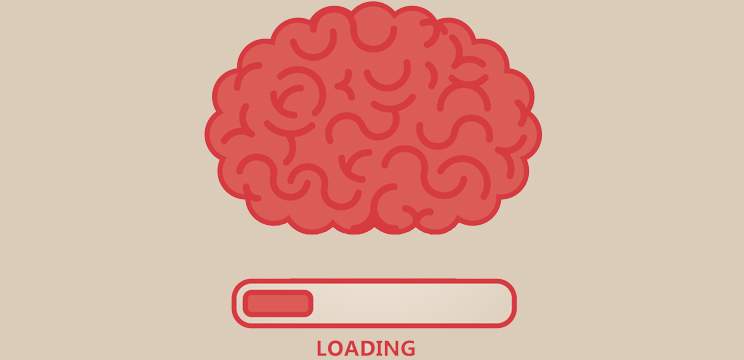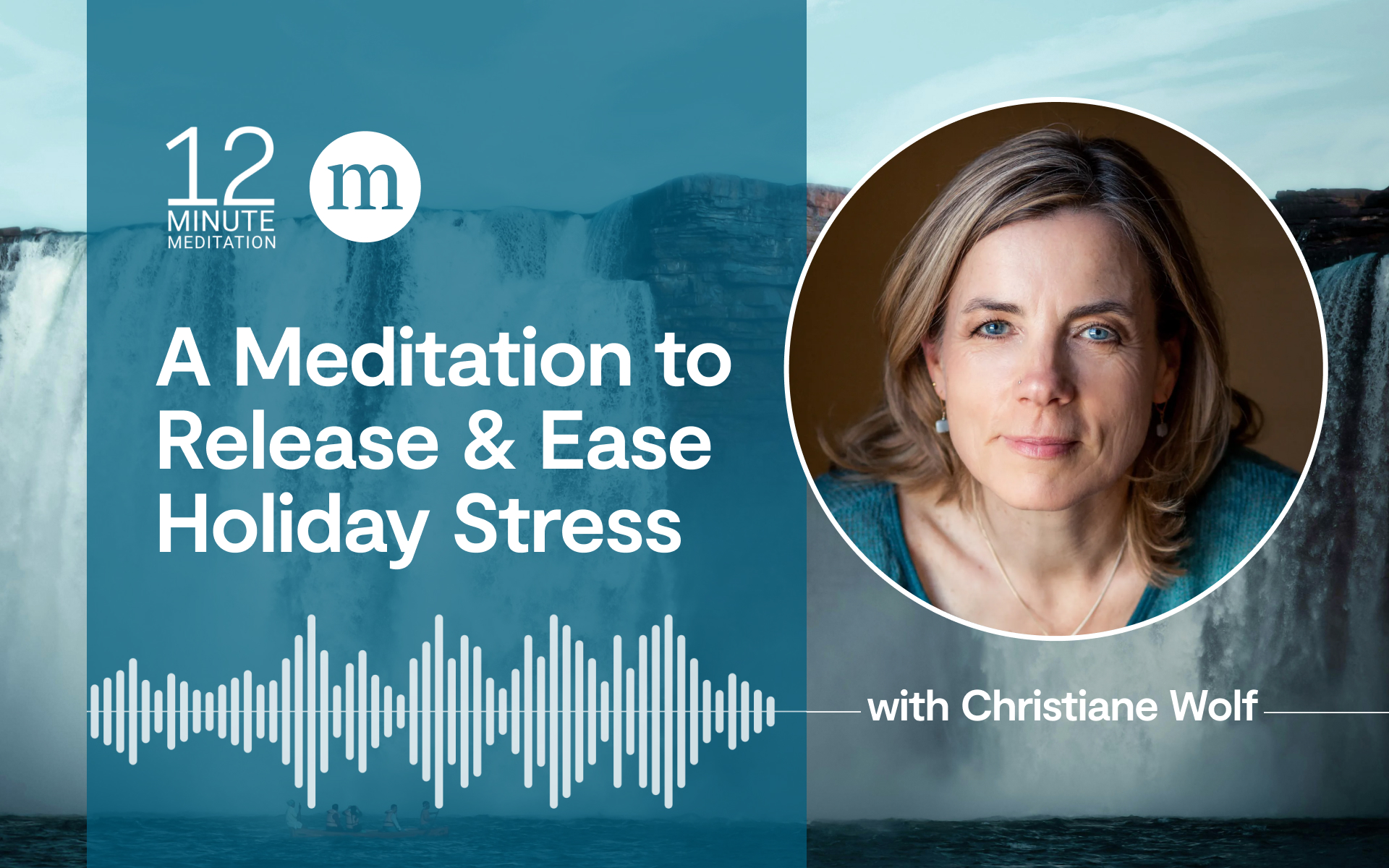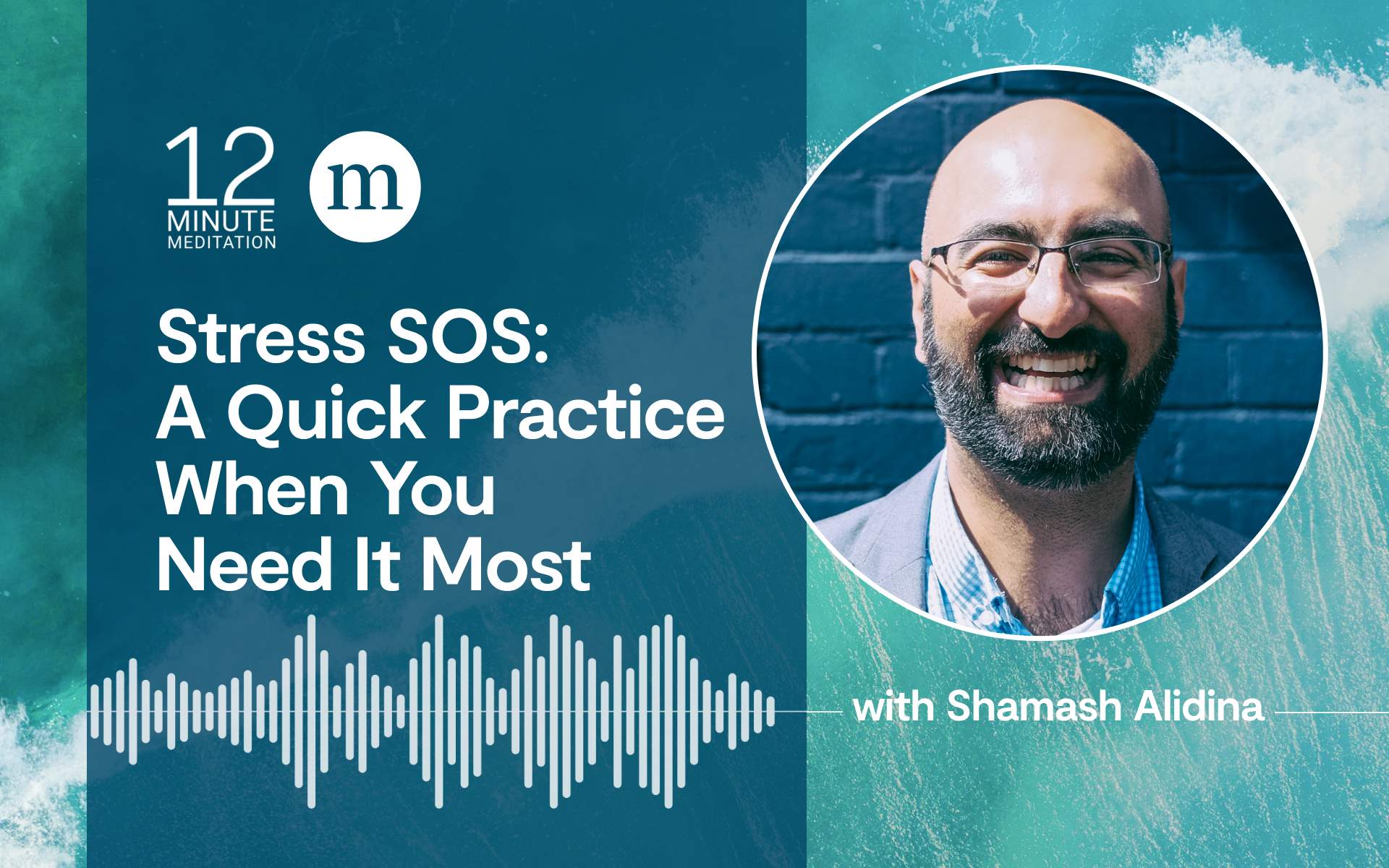Are you super busy?
You might feel better if you hold the gory details.
Christine Carter, sociologist and author of The Sweet Spot: How to Find Your Groove at Home and at Work, spoke at Wisdom 2.0 last spring about how busyness has become a badge of honor in our culture.
“When we are busy, it’s what researchers call cognitive overload. Cognitive overload is one of those things that hinders our productivity and hinders the power of our mind. It makes it more difficult for us to think clearly and to plan and to control our emotions,” says Carter.
A possible solution? Single-tasking, something Carter finds difficult to do in her own work. “I have to basically chain myself to my computer, work at a computer that doesn’t have email access, put my phone in a completely different room, turn all the alerts off.”
The payoff? Concentration and quiet. “I’ve cued to my brain that I’m just going to allow myself to focus. And that allows me to do my highest quality work with greatest ease, and more than that, time seems to slip away. We lose our sense of time, and that feeling is the very opposite of feeling busy.”
If you want to try for yourself, read Mindful‘s infographic: “Achieve More By Doing Less” and learn exactly that. You might also want to read an excerpt from Carter’s book on 5 ways to balance work and life.








